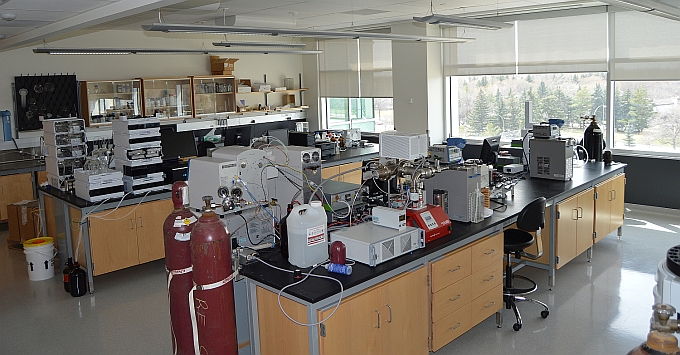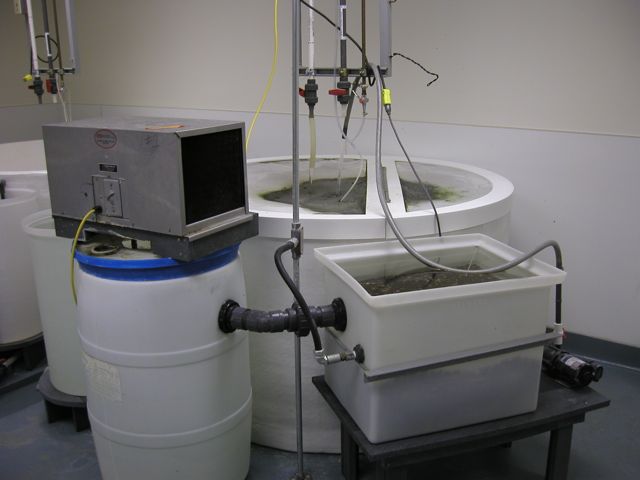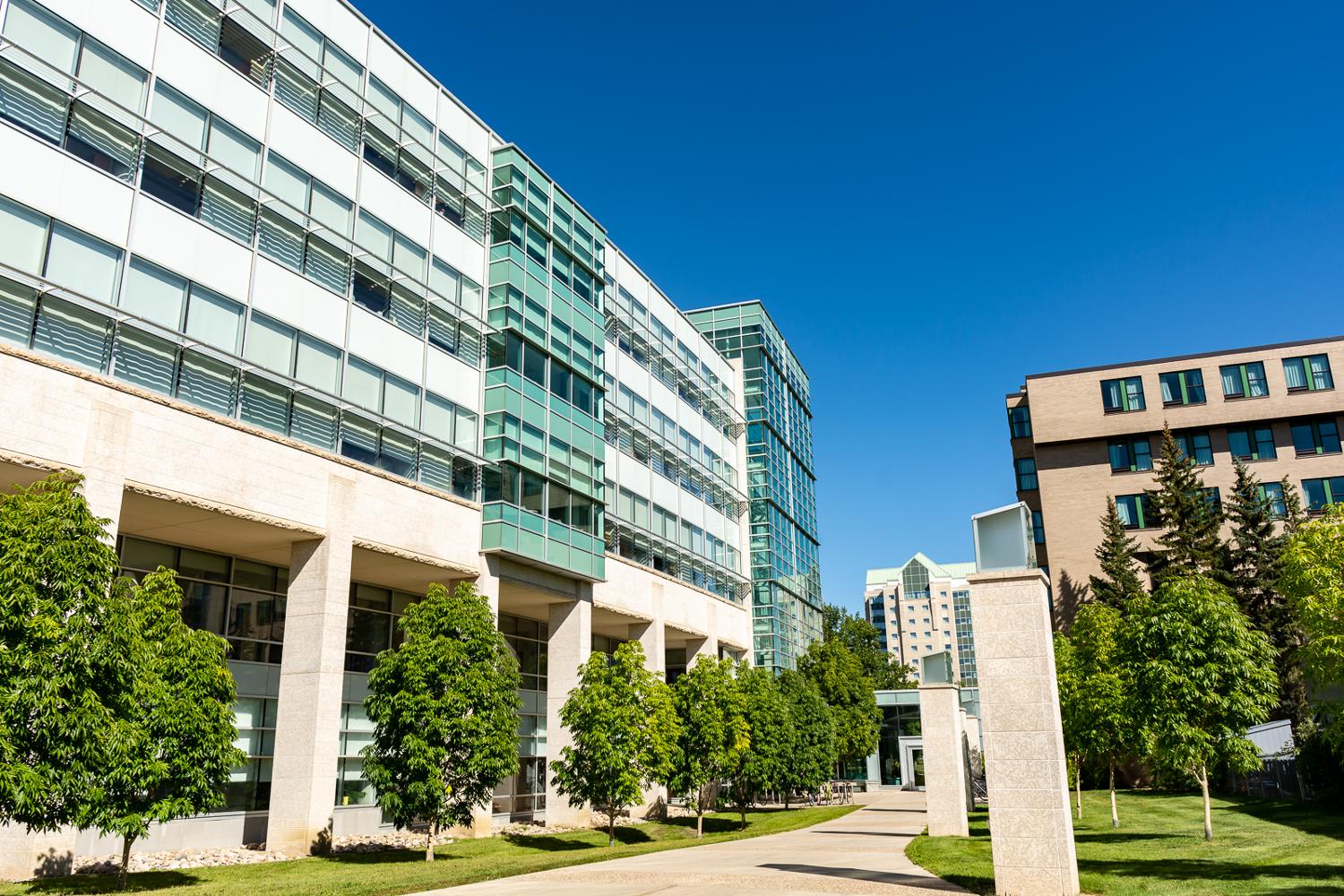
Research Facilities
Our specialized labs include an aquatics facility to study how physiology and development of fish and other vertebrates respond to their environment, as well as a field station in the Cypress Hills of southwestern Saskatchewan. The IECS and IMSS provide infrastructure and research expertise in environmental and microbial sciences via state-of-the-art microscopy, proteomics,
Our facilities

Aquatics Facility
Cypress Hills Field Station

George F. Ledingham Herbarium
The late Dr. G.F. Ledingham established the Herbarium in 1945 and devoted a good portion of his lifetime in expanding the collections of the Herbarium. Today, the Herbarium has over 50,000 vascular plant specimens, 10,000 bryophyte specimens, and 10,000 specimens of lichens.

IECS
The Institute for Environmental Change and Society (IECS) houses three separate facilities. The Stressor Quantification Facility provides instrumentation and expertise to quantify the presence of chemical and biochemical compounds in environmental samples. The Cellular Impacts Facility supports molecular, cellular and system research into the effects of environmental conditions on biological systems. Finally, the Integrated Numeric Analysis Facility provides